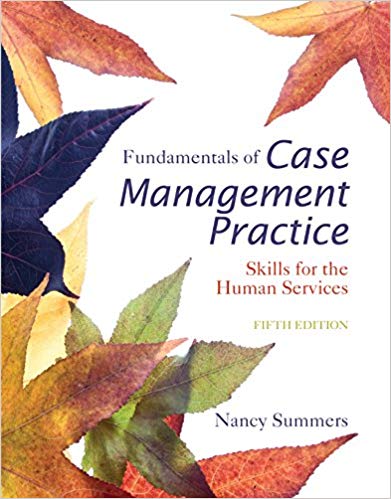Scott is 16 and was referred by the school. His mother who comes with him describes him
Question:
Scott is 16 and was referred by the school. His mother who comes with him describes him as irritable and angry. Scott sits sullenly and listens to her. The school report states that he refuses to follow directions in the classroom, talks back to the teachers and most recently to the principal, and often annoys his classmates so that they can’t really pay attention to the class assignments. Scott tells you sarcastically that the teacher is “dumb” and if she could do something interesting he’d listen. He admits that he won’t follow her directions. “They’re stupid.” Last week another boy in the class offered to help him with his homework. Later it turned out the other boy blamed Scott for stealing his homework and turning it in as his own. Scott tells you, “the guy’s a nerd.” What chapter do you turn to? ____________________. What diagnosis do you think this might be? ____________________.
Working together in small groups, see how many of the above exercises you can complete. These are designed to familiarize you with where different material is located in the DSM 5. When it comes to actual diagnoses, there will often be discussions about what diagnosis to use. In other words, don’t expect that there is only one right answer. Discuss the cases with your colleagues and try to seek the best answer instead. After discussion, in which you will no doubt cover many of the issues raised in a real work situation, assign the diagnosis you feel is most appropriate.
Step by Step Answer:

Fundamentals of Case Management Practice Skills for the Human Services
ISBN: 978-1305094765
5th edition
Authors: Nancy Summers





